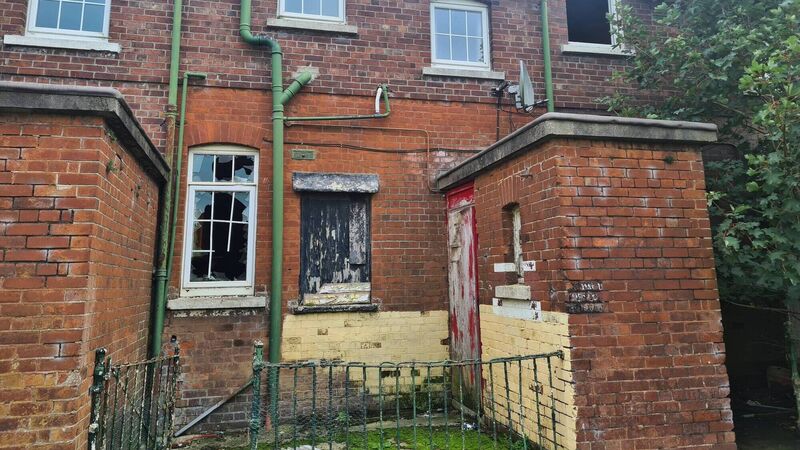Military officers claim third-world countries have better accommodation than Ireland

The 'Irish Examiner' recently highlighted issues of dereliction at the Curragh camp.
A very experienced army officer has said the best military accommodation he stayed in was in a third-world country.
The officer told the Raco (Representative Association for Commissioned Officers) conference he'd been billeted in several Irish barracks where accommodation was very poor, especially in the supposed flagship installation of The Curragh.










